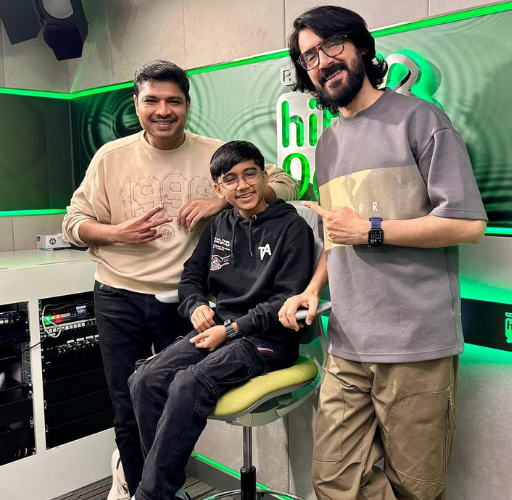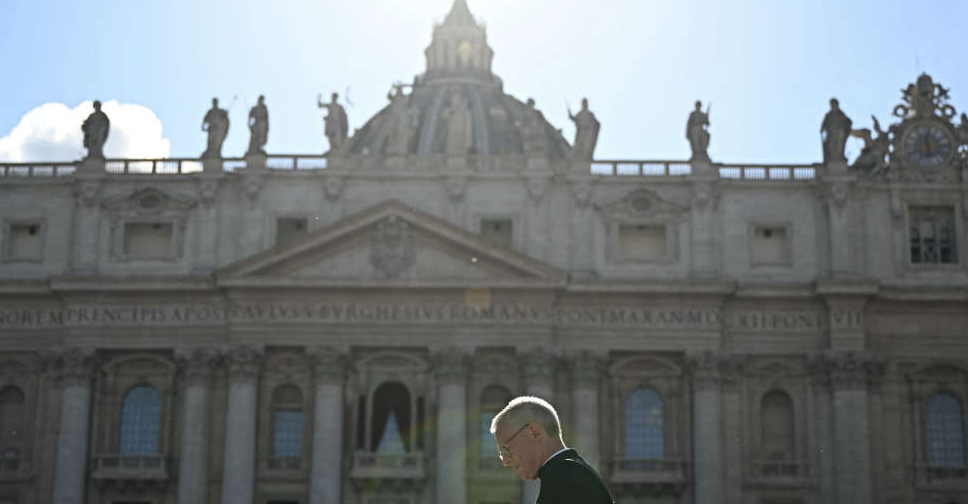
Roman Catholic cardinals will begin the task on Wednesday of electing a new pope, locking themselves away from the world until they choose the man to lead their Church.
In a ritual dating back to medieval times, the cardinals will file into the Vatican's frescoed Sistine Chapel after a public Mass in St. Peter's Basilica and start their secret conclave for a successor to Pope Francis, who died last month.
No pope has been elected on the first day of a conclave for centuries, so voting could continue for several days before one of the red-hatted princes of the Church receives the necessary two-thirds majority to become the 267th pontiff.
There will be only one ballot on Wednesday. Thereafter, the cardinals can vote as many as four times a day.
They will burn their ballots, with black smoke from a chimney on the roof of the chapel marking an inconclusive vote, while white smoke and the peeling of bells signalling that the 1.4-billion member church has a new leader.
The pope's influence reaches well beyond the Catholic Church, providing a moral voice and a call to conscience that no other global leader can match.
Cardinals in recent days have offered different assessments of what they are looking for in the next pontiff.
While some have called for continuity with Francis' vision of greater openness and reform, others have said they want to turn the clock back and embrace old traditions. Many have indicated they want a more predictable, measured pontificate.
A record 133 cardinals from 70 countries will enter the Sistine Chapel, up from 115 from 48 nations in the last conclave in 2013 - growth that reflects Francis' efforts to extend the reach of the Church to far-flung regions with few Catholics.
No clear favourite has emerged, although Italian Cardinal Pietro Parolin and Filipino Cardinal Luis Antonio Tagle are considered the front-runners.
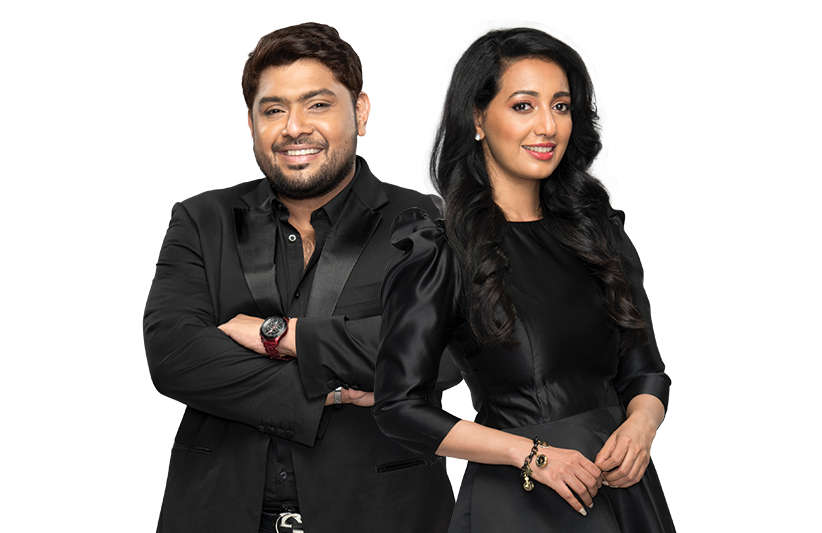


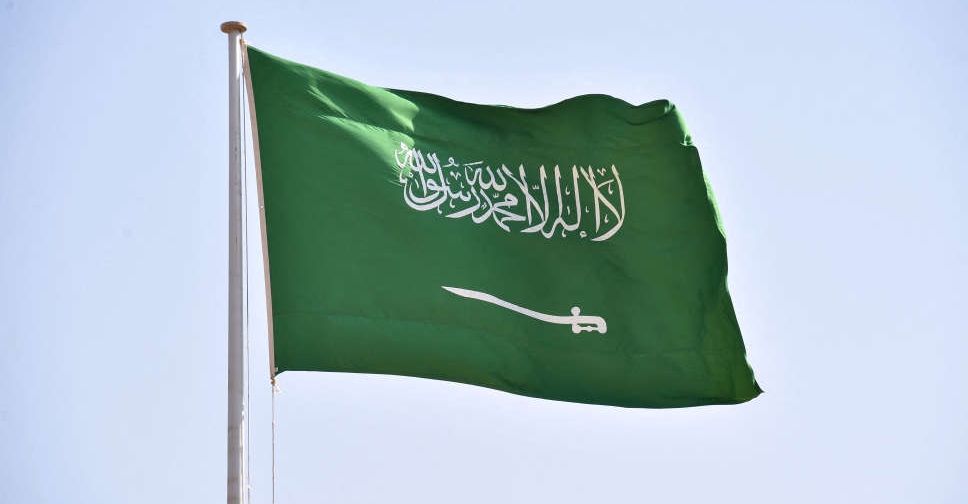 സൗദിയിലെ റാസ് തനുറ റിഫൈനറി ലക്ഷ്യമിട്ട് ഡ്രോൺ ആക്രമണ ശ്രമം നടന്നതായി ഊർജ്ജ മന്ത്രാലയം
സൗദിയിലെ റാസ് തനുറ റിഫൈനറി ലക്ഷ്യമിട്ട് ഡ്രോൺ ആക്രമണ ശ്രമം നടന്നതായി ഊർജ്ജ മന്ത്രാലയം
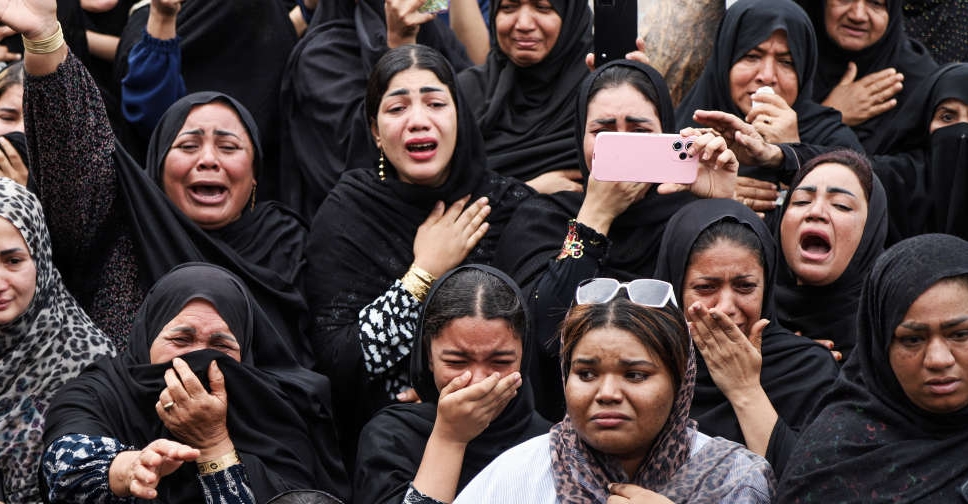 UN 'deeply disturbed' by strike on Iran school that killed 160 children
UN 'deeply disturbed' by strike on Iran school that killed 160 children
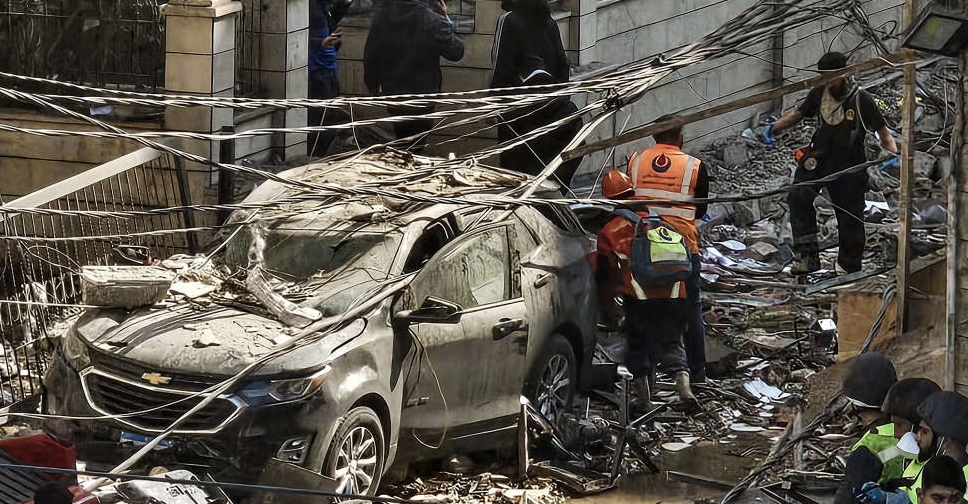 At least four killed in Israeli strike on building in Lebanon's Baalbek
At least four killed in Israeli strike on building in Lebanon's Baalbek


